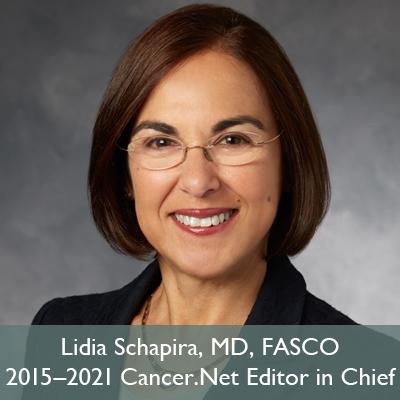
Cancer affects the whole family. This is something that people intuitively know when a young child is diagnosed with cancer. Yet when the patient is an adult, we sometimes forget that the illness also affects relatives and friends and other members of the patient’s community.
This is something that people intuitively know when a young child is diagnosed with cancer. Yet when the patient is an adult, we sometimes forget that the illness also affects relatives and friends and other members of the patient’s community.
For those of us involved in cancer treatment and care every day, it can be easy to overlook the fact that most people don’t have experience dealing with a life-threatening illness like cancer. This means that many loved ones may want to help, but they are unsure of what they can or could be doing to support a person with cancer. Below are 6 suggestions about how relatives, friends, and community members can be positive partners in your cancer care.
-
Ask for help with practical tasks. Relatives and friends can help with practical tasks, such as driving you to and from appointments, doing the laundry, going grocery shopping, making meals, or running some errands. Someone could also help with scheduling appointments or handling insurance issues.
-
Bring someone along with you to appointments. Having someone with you at appointments to take notes is very helpful in making sure that the most important information is recorded. I have also seen relatives and friends serve as advisors and companions during appointments, sometimes taking an active role in conversations about treatment and asking insightful follow-up questions. On more than one occasion, I’ve seen them help by reporting symptoms, such as nausea or insomnia, to a clinician who can then provide a recommendation for treatment. It is essential that patients make sure that the person who comes with them to an appointment is a trusted companion. Be sure to let that person know why exactly they are going with you and what their role is.
-
Recognize the value of companionship. Cancer can be difficult to face alone. Remember that family and friends can help just by being present with you. These loved ones are often seen waiting patiently in hallways during radiation therapy sessions or sitting next to a patient who is receiving a long chemotherapy infusion. Just having someone nearby to support you can be a helpful reminder that you are not alone.
-
Put someone in charge of sharing your medical news. Receiving cancer treatment is tiring physically and emotionally. It can be particularly hard to share your medical information with others and answer the same questions repeatedly. Ask a trusted family member to communicate medical information to other family and friends, whether that is by phone, email, text message, blog post, or whatever method works best for your specific situation.
-
Don’t be afraid to lead the conversation. Often when someone is first diagnosed with cancer, relatives and friends may not know how to discuss cancer. It may bring up difficult emotions from their own past, or they may be simply afraid to mention cancer because they don’t know what to say or do. You or your primary caregiver can take the lead on conversations about your diagnosis, signaling what you’d like to discuss and what you don’t want to. By doing this, you or your caregiver can set the expectations of how to talk about it. Sometimes, it is just as important to simply tell people that you need to be listened to and not receive well-intentioned but unwelcome advice. And, it can be helpful to them to know when you want to talk about things other than cancer, such as interests you share.
-
Have an interpreter, if you need it. We live in an increasingly diverse society, so it is quite common that clinicians and patients may be from different countries or backgrounds. If you or your family and friends are not native English speakers, navigating the American health care system may be challenging due to language and cultural barriers. If this is the case, interpreters are essential to the cancer care setting. Professional medical interpreters are available in many cancer centers, either in person or through phone calls or video conferencing, to translate between the doctor and patient. And, a close relative or member of your community who is fluent in English may help with making or changing appointments, explaining a symptom, and other tasks. This person can also explain your beliefs and customs to the health care team, which can be essential to ensuring an effective and compassionate cancer treatment plan.
I’ve often said that one of the fundamental aspects of forming a trusting and lasting relationship between an oncologist and his or her patient is to acknowledge the caregivers who accompany the patient to the medical visit or those who are sitting at the bedside in the hospital. The presence of these loved ones, regardless of whether they are a spouse, child, parent, or friend, is essential during cancer treatment and then in the transition to life after cancer.
